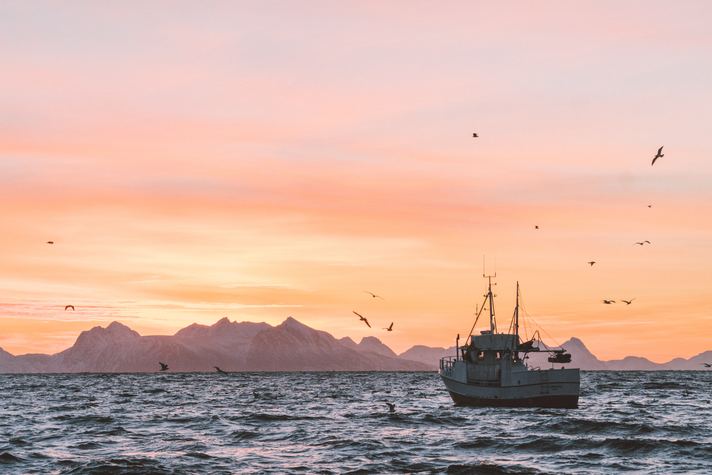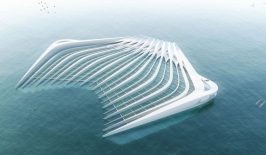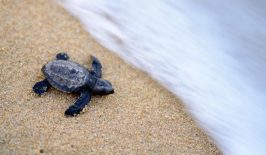A UK-based marine technology firm, Fishtek Marine, is currently seeking crowdfunding in order to market a small, simple gadget that could drastically reduce the number of sea mammals that are inadvertently captured in commercial fishing nets.
According to the ocean conservation and advocacy organization Oceana.org, the unintended netting of non-target fish, known as bycatch, could amount to up to 40 per cent of all of the world’s catch. Bycatch is not only a burden on fisheries, of course – some of whom are reported to discard more fish at sea than what they bring to port – but also affects a range of marine and bird life, including dolphins, whales, porpoise, sharks, seabirds and sea turtles. The WWF estimates that this amounts to up to three hundred thousand cetaceans – such as whales, porpoise and dolphins – and hundreds of thousands of turtles per year. All told, these figures threaten the long term survival of these species.
The primary cause for bycatch is non-selective fishing methods, such as sea-bed trawling, large scale gillnets and long-lining, which sees hundreds of baited hooks spread out in intervals along a single long fishing line. Government initiatives, such as the USA’s Marine Mammal Protection Act (MMPA), requires fisheries and trawlers to work towards the reduction of bycatch, but so far the technology does not exist to effectively promote this.
Now Fishtek hope to put to market a small, inexpensive and easy-to-use device which, they claim, can greatly reduce the amount of bycatch. The technology behind their product, known as a “pinger” is not entirely new, however Fishtek claim previous models have generally been expensive and impractical.
The Banana Pinger operates by emitting randomised high frequency sound sweeps every five seconds. These ‘pings’ are detected by sea mammals who rely on echolocation to communicate and navigate, therefore warning them of the presence of large fishing nets. Their version of the pinger also boasts longer battery life, increased safety measures for fisherman handling them and features which reduce undersea noise pollution.
Part of Fishtek’s approach is to design solutions that will not only reduce bycatch, but also appeal to fishermen and fisheries operating under financial and commercial imperatives. Indeed, Fishtek claim that far from reducing the profitability of fishing, their invention will actually increase it by reducing waste and making each trip more efficient.
This economic incentive has also been identified by Triodos Bank, a Netherlands-based venture which describes itself as the world’s first “ethical bank”. Triodos assists environmental and conservation causes through hosting crowdfunding efforts on their platform, with particular attention paid towards only picking products they believe have the chance of success both in the field and on the market.
Currently, the Banana Pinger is mid-way through a crowdfunding drive to acquire 900,000 GBP of new investment in exchange for shares in Fishtek. At the time of writing, Fishtek has received 51 percent of its target sum, and has already crossed the minimal threshold of 400,000 GBP.







